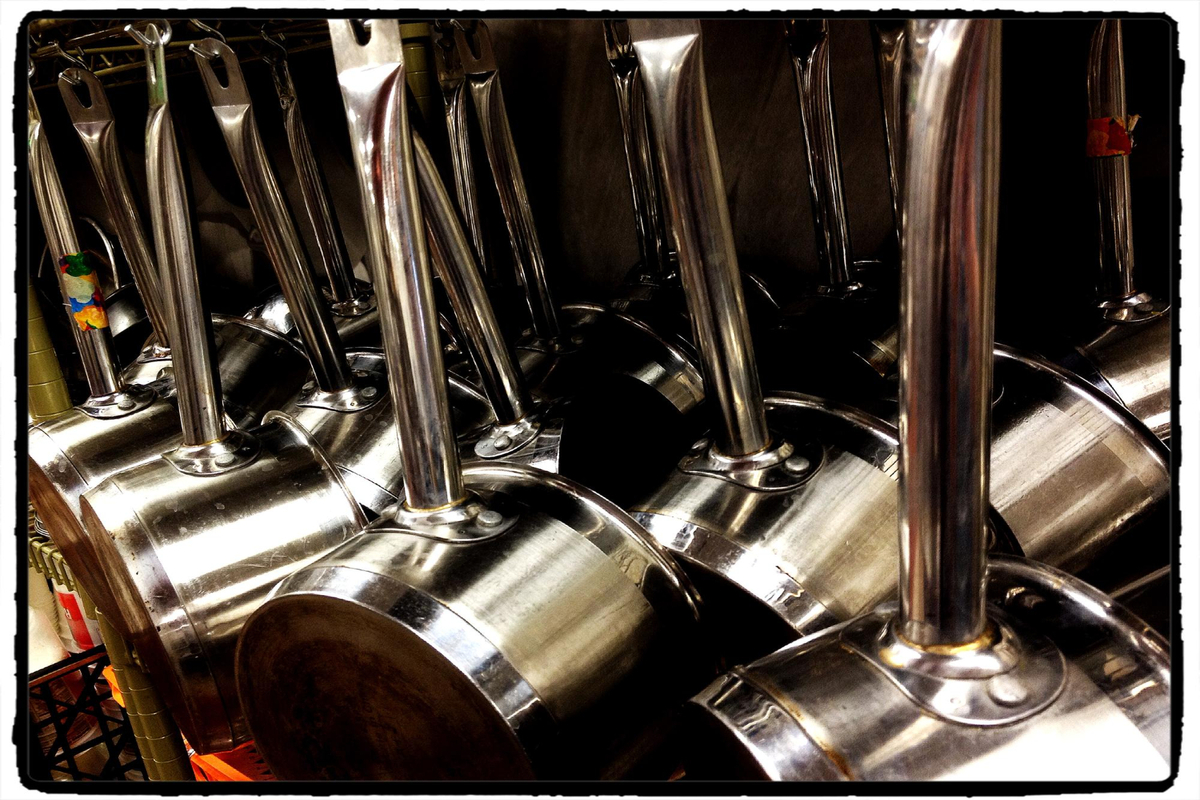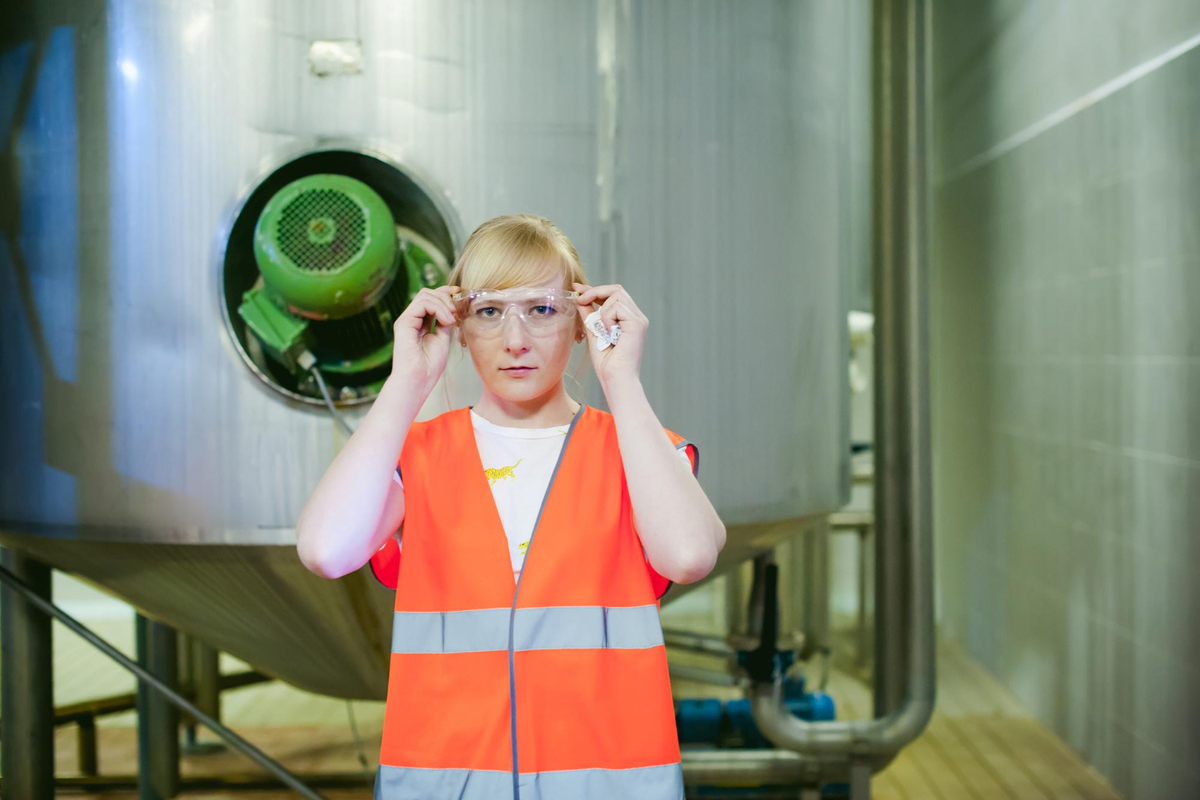Understanding the Basics of Diesel Exhaust Fluid
Diesel exhaust fluid (DEF) is a crucial component for modern diesel engines, ensuring they meet stringent emission standards. It is composed of high-purity urea and deionized water, making it an environmentally friendly solution for reducing harmful nitrogen oxide emissions. Setting up a DEF production facility requires careful planning and the right diesel exhaust fluid making machine to ensure consistent quality.
Understanding the role and chemistry of DEF helps in determining the type of equipment needed. The DEF-making process is straightforward, but precise control over urea concentration and water quality is essential to produce a product that meets ISO 22241 standards.
Choosing the Right Diesel Exhaust Fluid Making Machine
Selecting the appropriate diesel exhaust fluid making machine is a critical step in establishing your DEF production line. Machines vary in capacity, automation level, and quality assurance features. A high-quality machine ensures that the final product complies with regulatory standards and customer expectations.
When evaluating a DEF-making machine, look for features such as automated blending systems, integrated quality control mechanisms, and scalability. These features can streamline production and minimize errors, saving both time and resources in the long run.

Preparing Your Facility for DEF Production
Before installing your diesel exhaust fluid making machine, it is essential to prepare your facility. This includes ensuring adequate space for machinery, storage tanks, and packaging areas. A clean and controlled environment is critical to maintain the purity of the DEF.
Invest in deionized water systems and secure a reliable source of high-purity urea. Proper ventilation and safety measures should also be in place to protect workers and maintain compliance with industrial regulations.
Setting Up the Diesel Exhaust Fluid Making Machine
Installing a diesel exhaust fluid making machine involves several technical steps. Begin by carefully unpacking and assembling the equipment according to the manufacturer’s instructions. Ensure all connections, including water and power supplies, are correctly configured.
Once the machine is set up, conduct initial testing to verify its functionality. Calibration of sensors and quality control mechanisms is crucial to producing DEF that adheres to the required specifications.
Testing and Quality Assurance
Quality assurance is a cornerstone of successful DEF production. Utilize the built-in testing features of your diesel exhaust fluid making machine to monitor key parameters, such as urea concentration and water purity. Regular testing ensures the DEF meets ISO standards.
Additionally, maintain detailed production records and conduct periodic laboratory tests to validate the machine’s performance. A robust quality assurance process builds trust with customers and regulatory bodies.
Packaging and Storage Considerations
After producing high-quality DEF, proper packaging and storage are vital to preserve its integrity. Invest in airtight containers and clearly label them to comply with regulatory requirements. Your diesel exhaust fluid making machine may include automated filling systems to streamline this process.
Storage conditions should be cool and dry to prevent contamination or degradation. Avoid exposure to direct sunlight and extreme temperatures, which can compromise the DEF’s quality.
Scaling Up Production
Once you’ve established a successful DEF production process, scaling up may become necessary to meet increased demand. Choose a diesel exhaust fluid making machine with modular design and scalability features to facilitate expansion.
Analyze market trends and customer needs to determine the optimal production capacity. Investing in additional equipment or upgrading existing machinery can help sustain growth while maintaining product quality.

Maintaining Your Diesel Exhaust Fluid Making Machine
Regular maintenance of your diesel exhaust fluid making machine is essential to ensure long-term performance and reliability. Follow the manufacturer’s guidelines for cleaning, lubrication, and part replacement schedules. Preventative maintenance minimizes downtime and avoids costly repairs.
Keep spare parts on hand and train staff to identify potential issues early. A well-maintained machine not only boosts production efficiency but also extends its operational life.
Conclusion
Setting up a diesel exhaust fluid making machine requires careful planning, attention to quality assurance, and adherence to regulatory standards. By investing in the right equipment and maintaining rigorous production processes, you can create a reliable and scalable DEF production line. Proper maintenance and scalability considerations will help your business thrive in the growing DEF market.
Frequently Asked Questions
- What is a diesel exhaust fluid making machine?
- A diesel exhaust fluid making machine is specialized equipment used to produce DEF by blending high-purity urea with deionized water.
- Why is quality control important in DEF production?
- Quality control ensures that the DEF meets ISO standards, preventing damage to vehicles and maintaining regulatory compliance.
- How do I maintain a diesel exhaust fluid making machine?
- Regular cleaning, lubrication, and part replacement according to the manufacturer’s guidelines are key to proper maintenance.
- Can I scale up my DEF production easily?
- Yes, many machines are designed with scalability in mind, allowing you to expand production as needed.
- What materials are required for DEF production?
- High-purity urea and deionized water are the primary materials needed to produce DEF.
- Is DEF production cost-effective?
- Yes, producing your own DEF can reduce costs compared to purchasing it in bulk, especially for large-scale operations.
- What storage conditions are ideal for DEF?
- DEF should be stored in a cool, dry place away from direct sunlight and extreme temperatures to maintain its quality.
- Can I use any water for DEF production?
- No, only deionized water should be used to ensure the purity and effectiveness of the DEF.
- What are the benefits of automated DEF production?
- Automation improves efficiency, reduces human error, and ensures consistent product quality.
- How do I ensure my DEF complies with ISO standards?
- Regular testing and monitoring of urea concentration and water purity during production ensure compliance with ISO 22241.

